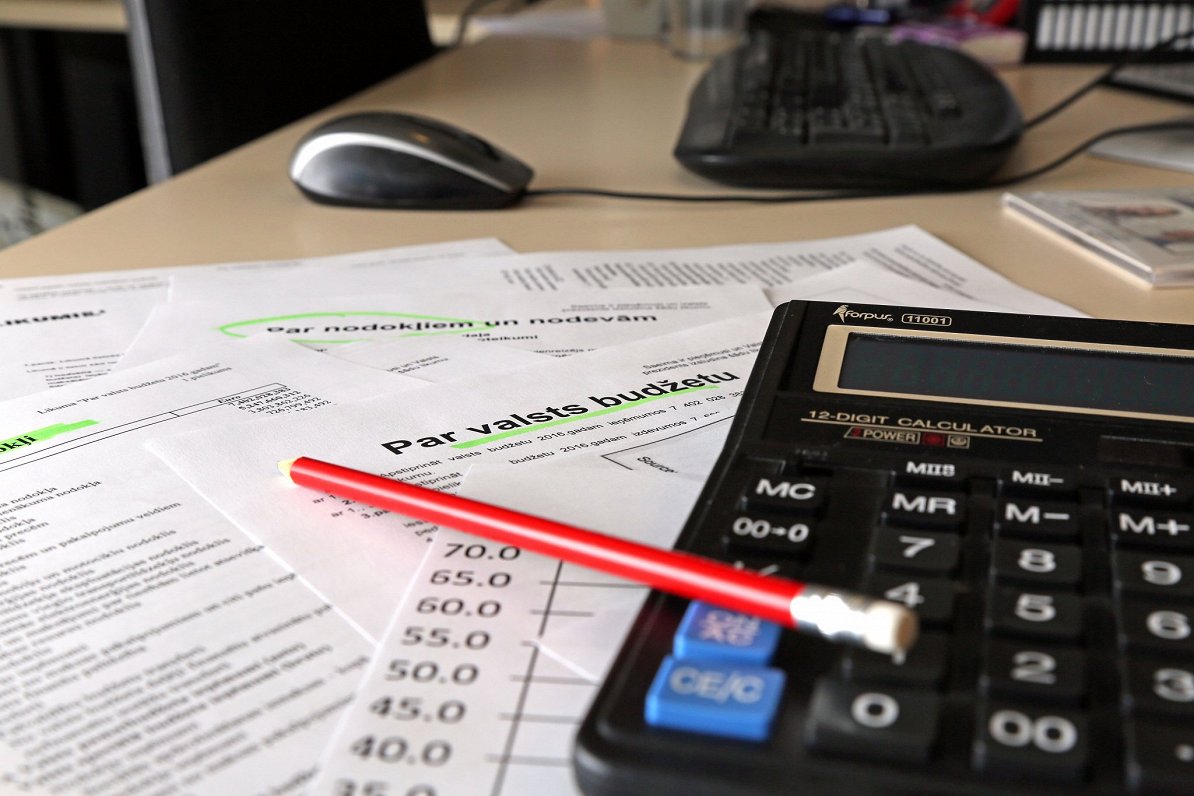In the forecasts for macroeconomic indicators developed in early February, GDP growth was projected to be 4% for 2022 and 3.9% for 2023. Meanwhile, forecasts for consumer price growth were 6.2% and 3.1%, respectively. Lower economic growth this year and next year will be determined by smaller export and import volumes, while Latvian companies switch exports of goods and services from sanctioned aggressor countries to new outlets, indicated FM.
Exports of Latvian goods to Russia accounted for 7.3% of Latvia's total exports last year, while Belarus and Ukraine's share of Latvian goods exports was 1.1% and 1.4%, respectively. Russia's share of services exports is lower - 5.3%.
The economic situation will also be negatively affected by the rapid increase in prices, by the war-related sanctions and supply chain breakdowns, by the rapid growth in energy and food prices, and by the drop in business and consumer confidence, thereby reducing private consumption and investment growth rates.
Growth will be helped by increasing government spending, increasing funding for defence purposes, as well as social support for Latvian residents and Ukrainian refugees. A significant increase is expected this year in investment of national and European Union (EU) funds, above 2021 levels by a third.
The FM notes that the forecasts for macroeconomic indicators have been updated in times of extreme uncertainty and are based on the situation as it was in the first week of March. The forecasts assume that trade restrictions with Russia and Belarus remain in force in 2023, but there is also no sharp further escalation of the situation.






























